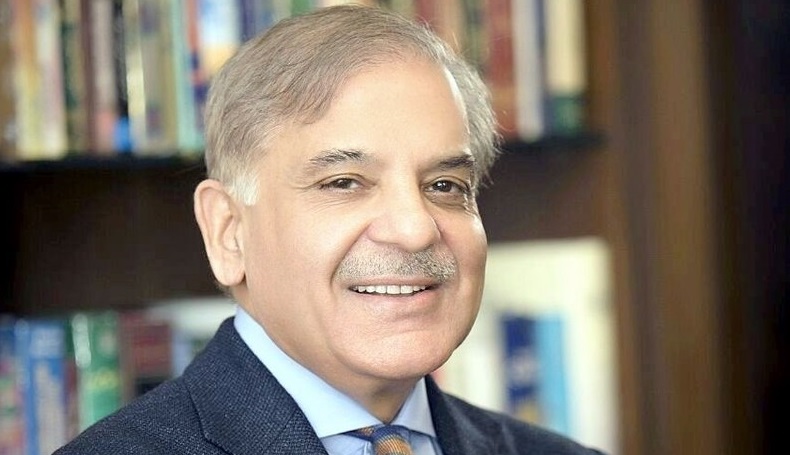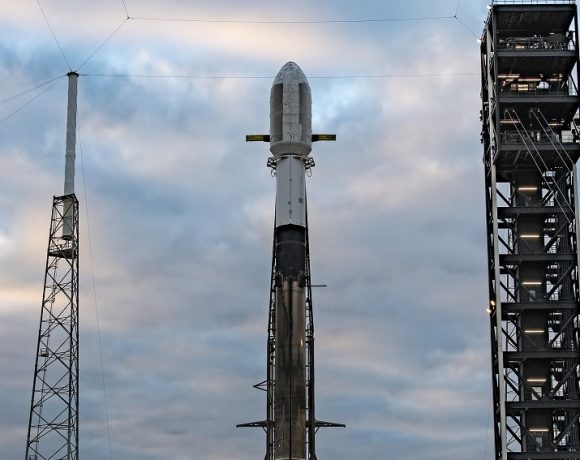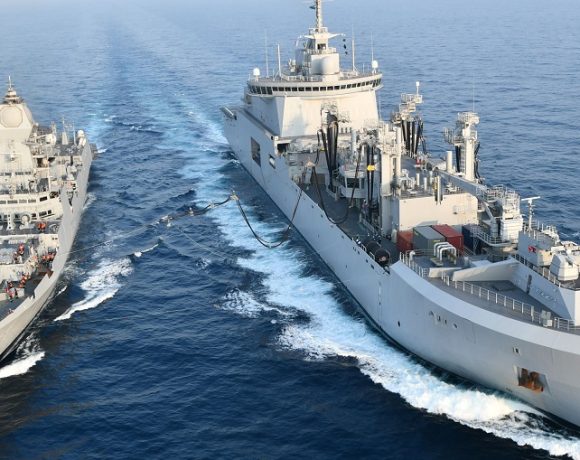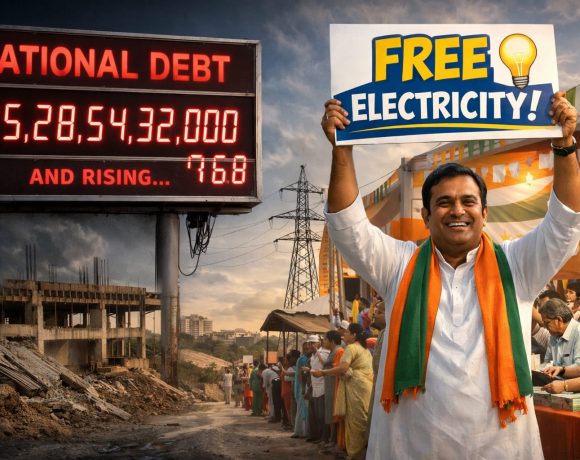
Shehbaz Sharif Urges Economic Self-Reliance for Pakistan
In a pivotal address at the Command and Staff College in Quetta, Prime Minister Shehbaz Sharif called for a national economic transformation that moves Pakistan away from a dependence on foreign aid and towards an era of sustainable trade and investment-led growth. The speech signals a shift in Islamabad’s tone, replacing the narrative of external support with self-driven economic revival.
From Begging Bowl to Trade Partnerships
Referring to Pakistan’s longstanding diplomatic partners, Sharif acknowledged their consistent support but underlined that the expectations of these allies have changed.
“China is the most time-tested friend of Pakistan. Saudi Arabia is one of the most reliable friends of Pakistan, and so are others such as Turkey, Qatar, and UAE,” he stated.
He continued, “But let me point out abundantly here that they expect us now to engage them in trade, commerce, innovation, research and development, education and health, investments, and profitable ventures mutually. They no longer expect us to go there with a begging bowl.”
This marks a sharp departure from Pakistan’s decades-long approach to foreign relations, often criticized for revolving around bailouts and aid packages. Instead, Sharif pitched a more modern, partnership-driven economic model based on mutual benefit.
Utilizing Resources and Driving Export Growth
Shehbaz Sharif stressed the importance of unlocking Pakistan’s economic potential by tapping into its vast human and natural resources.
“So what is the answer? The answer is pure and simple that the natural resources, human resources, Allah Almighty has blessed us with, we must make full use of it and deploy them for these very profitable ventures,” he said.
The Prime Minister called on the country’s leadership to prioritize productive economic activity, especially in sectors that could contribute to increasing exports.
“If we are able to defeat terrorism, if we are able to put the nation together which is united like never before, and if we are absolutely clear in our vision that we have to promote export growth, we must not promote those idling units in Pakistan, who are not making profits,” he asserted.
Focus on National Unity and Counter-Terrorism
Sharif also linked national security to economic growth, stating that defeating terrorism and fostering unity were essential prerequisites for achieving economic goals. His remarks come at a time when Pakistan faces mounting fiscal challenges, a volatile political climate, and increasing pressure to deliver on international financial obligations without returning to donors.


















